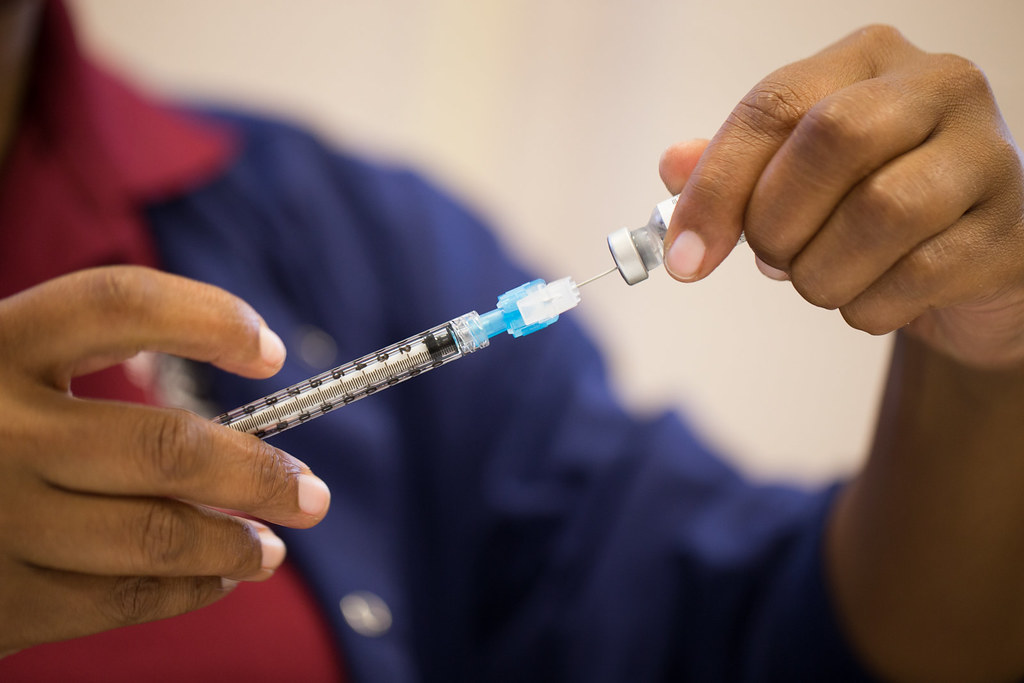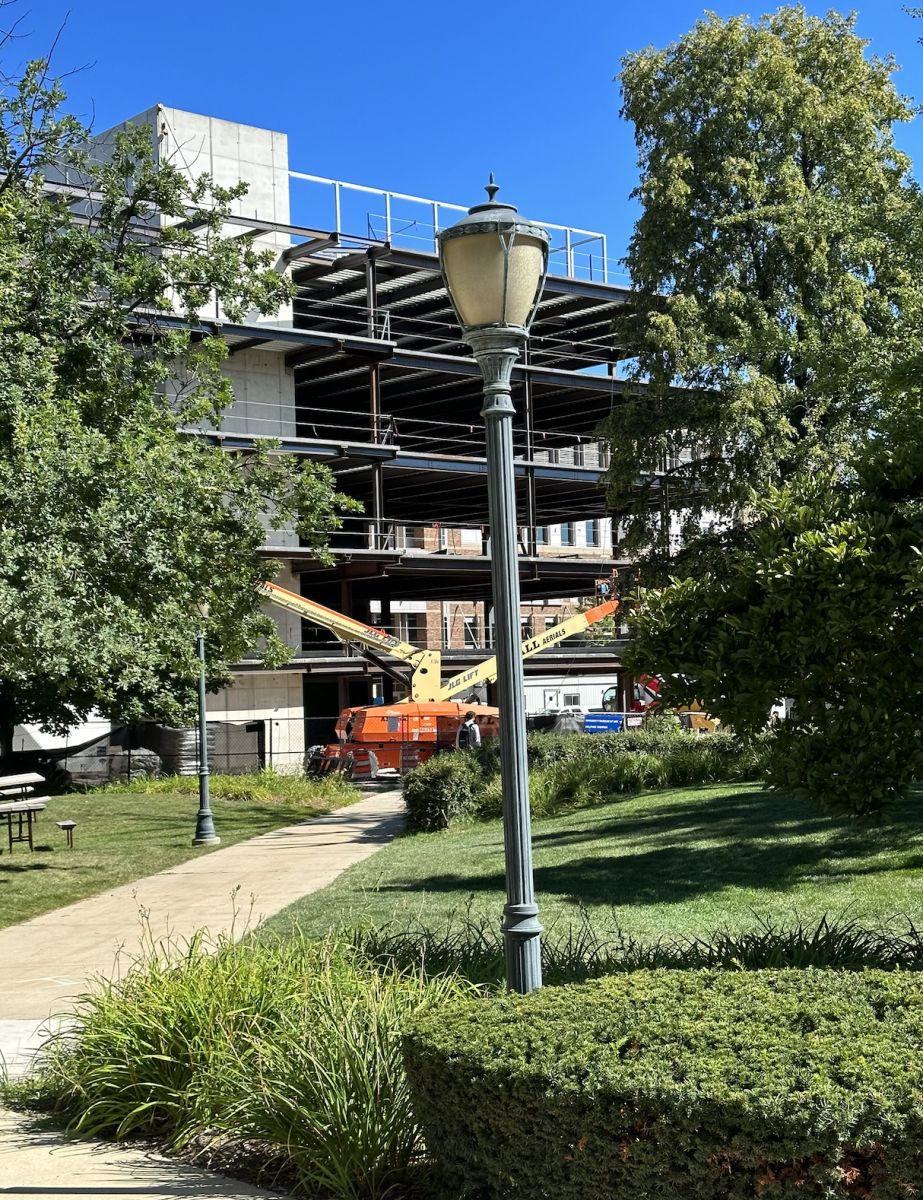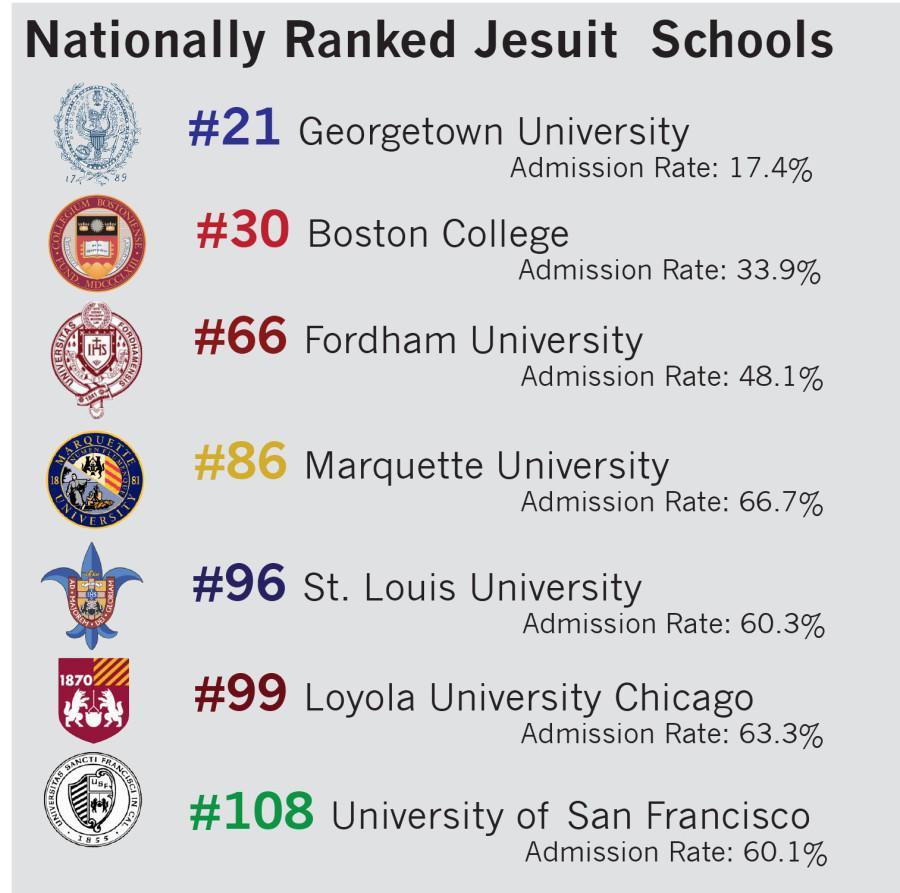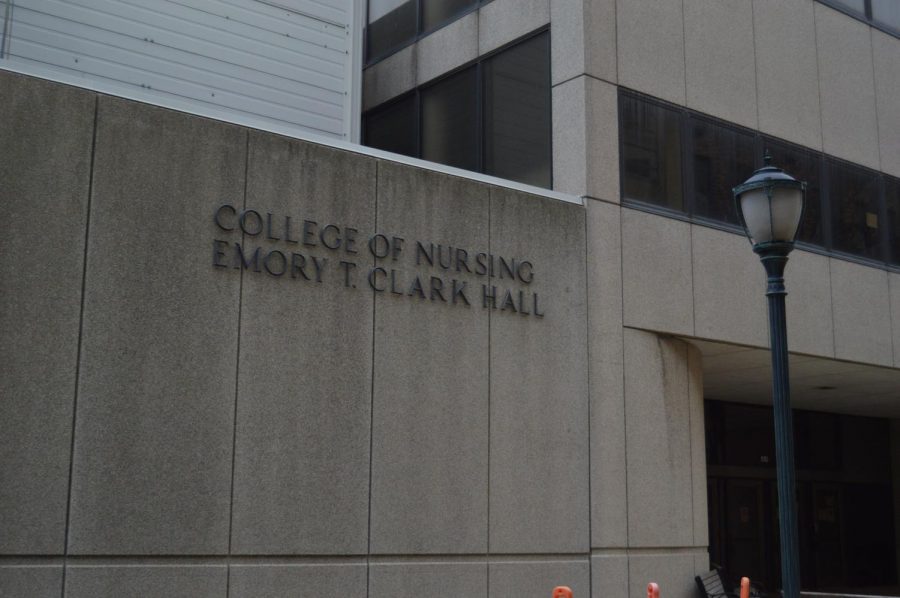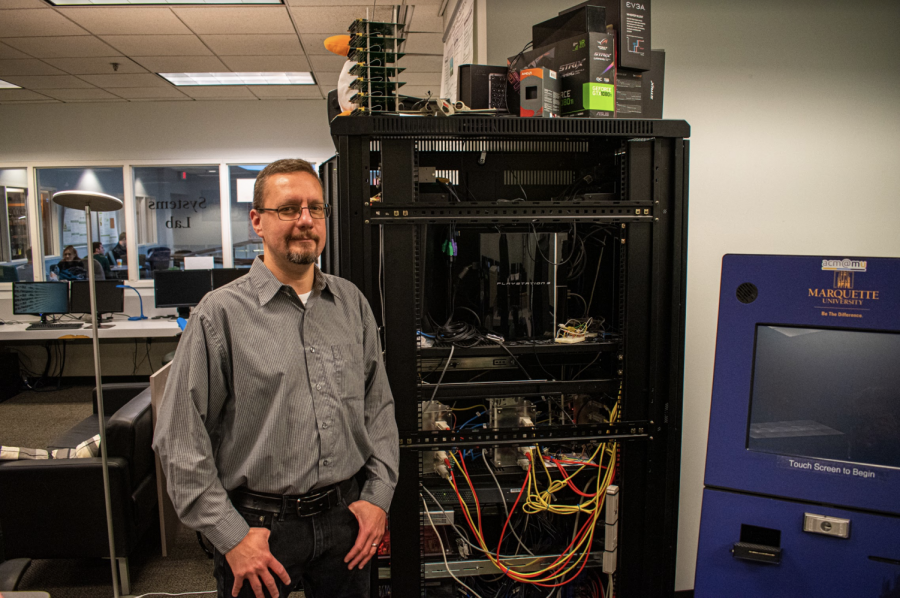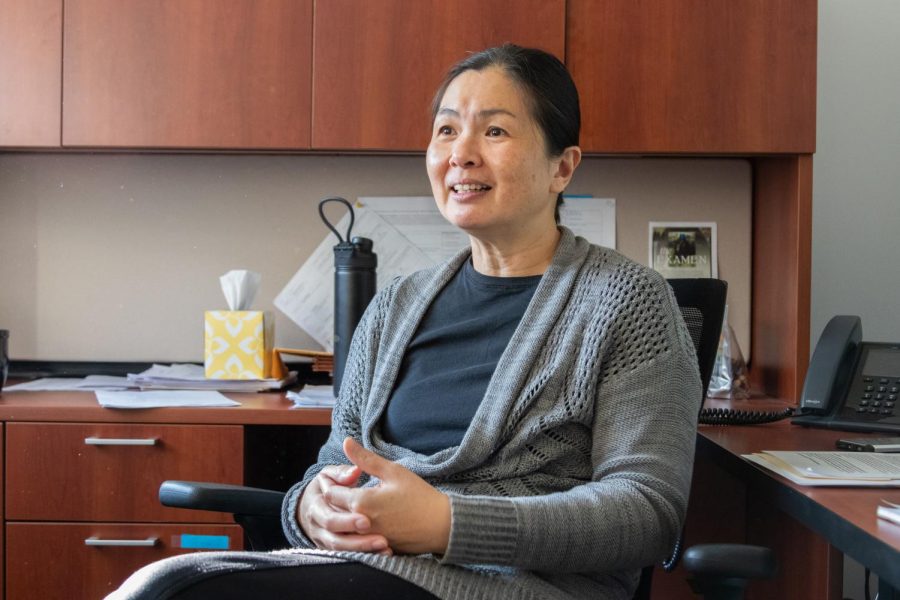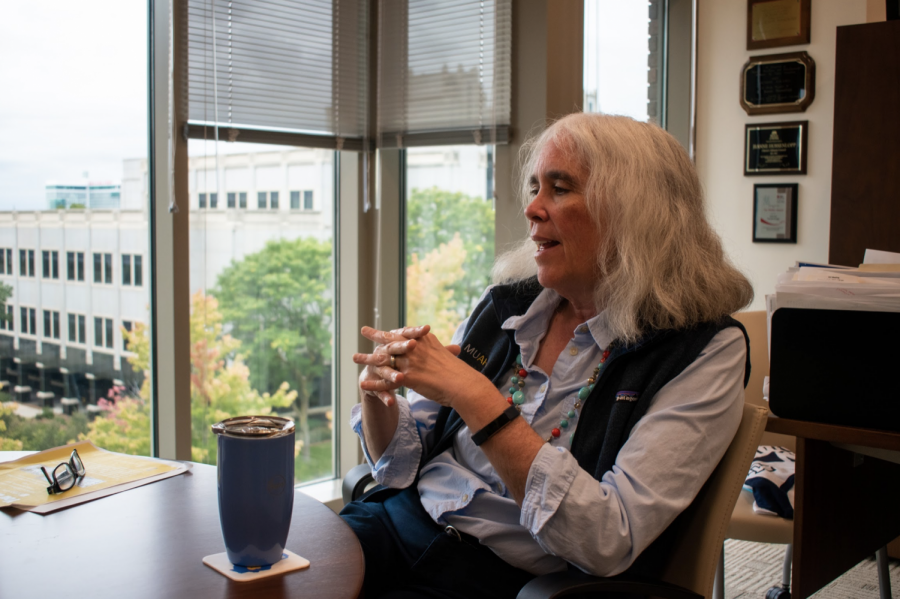 GE Healthcare has given a $440,000 educational grant to the College of Nursing’s Wheaton Franciscan Healthcare Center for Clinical Simulation at Marquette. The grant provided the new center with state-of-the-art medical equipment which was displayed at an open house last Friday.
GE Healthcare has given a $440,000 educational grant to the College of Nursing’s Wheaton Franciscan Healthcare Center for Clinical Simulation at Marquette. The grant provided the new center with state-of-the-art medical equipment which was displayed at an open house last Friday.
Specifically, the grant includes patient monitors with advanced technological capabilities, a central nursing station, telemetry technology, infant incubators and ventilators.
Margaret Faut Callahan, dean of the College of Nursing, said in an Oct. 16 press release that the grant’s offerings of the new equipment will help students practice their clinical reasoning skills in an equally realistic setting to those they may experience in hospitals.
Callahan added that the GE Healthcare equipment “will significantly bolster our efforts to improve health care delivery through excellence in nursing education.”
The clinical simulation center, located in Emory T. Clark Hall, opened on campus this August and is equipped with two medical surgical rooms, one labor and delivery suite and a home health/assisted living apartment among other specialized areas. There are also four debriefing rooms, where professors and educators can review video recordings of simulation exercises students perform.
According to the same release, Thierry Leclercq, vice president and general manager of Life Care Solutions at GE Healthcare, said the Marquette grant seemed fitting, as many employees of the company attended the university or know family members who have.
Out of the 6,500 GE employees in Wisconsin, roughly 8 percent have degrees from Marquette.
Krista Karides, a senior in the College of Nursing, said the newly provided equipment will prove valuable beyond their undergraduate nursing years.
“By introducing students to the equipment early, they can focus more on the patient care aspect of their clinical instead of first learning about the tools used, and then focusing on patient interaction,” Karides said. “This will allow for more growth in the student before he or she actually enters the work force.”
Liz Griesmaier, a junior in the College of Nursing, said the telemetry technology, which monitors heart rhythm, will be most helpful to future Marquette nursing students because it provides realistic preparation for hospital work. She said she uses similar equipment as a certified nursing assistant at Aurora St. Luke’s Medical Center.
Griesmaier added that her colleagues from other local institutions such as MSOE and the University of Wisconsin-Milwaukee do not receive the same type of real-world experience Marquette’s simulation lab offers.
“The other nurses don’t seem as prepared as we (Marquette) are,” Griesmaier said. “Our lab is probably one of the most advanced out there, so when we are working with the equipment, we seem more ready and understand it.”
Karides added that she began her nursing studies before the simulation lab was built and was overwhelmed upon entering her first weeks of required hospital clinicals.
“Clinical is already a time where many students get nervous, and it adds stress when you have never actually worked with any real equipment used in the hospital setting,” Karides said.
Karides said the nursing program has blossomed in the last few years and thinks the new donations will only improve nurses’ education.
Griesmaier added that she has only had two simulation labs thus far but understands that the implementation of the new technology is a lengthy process.
“We’re all still learning,” Griesmaier said. “But in the end, the technology will help us all.”



